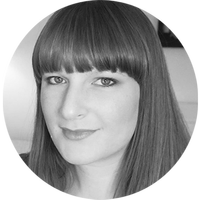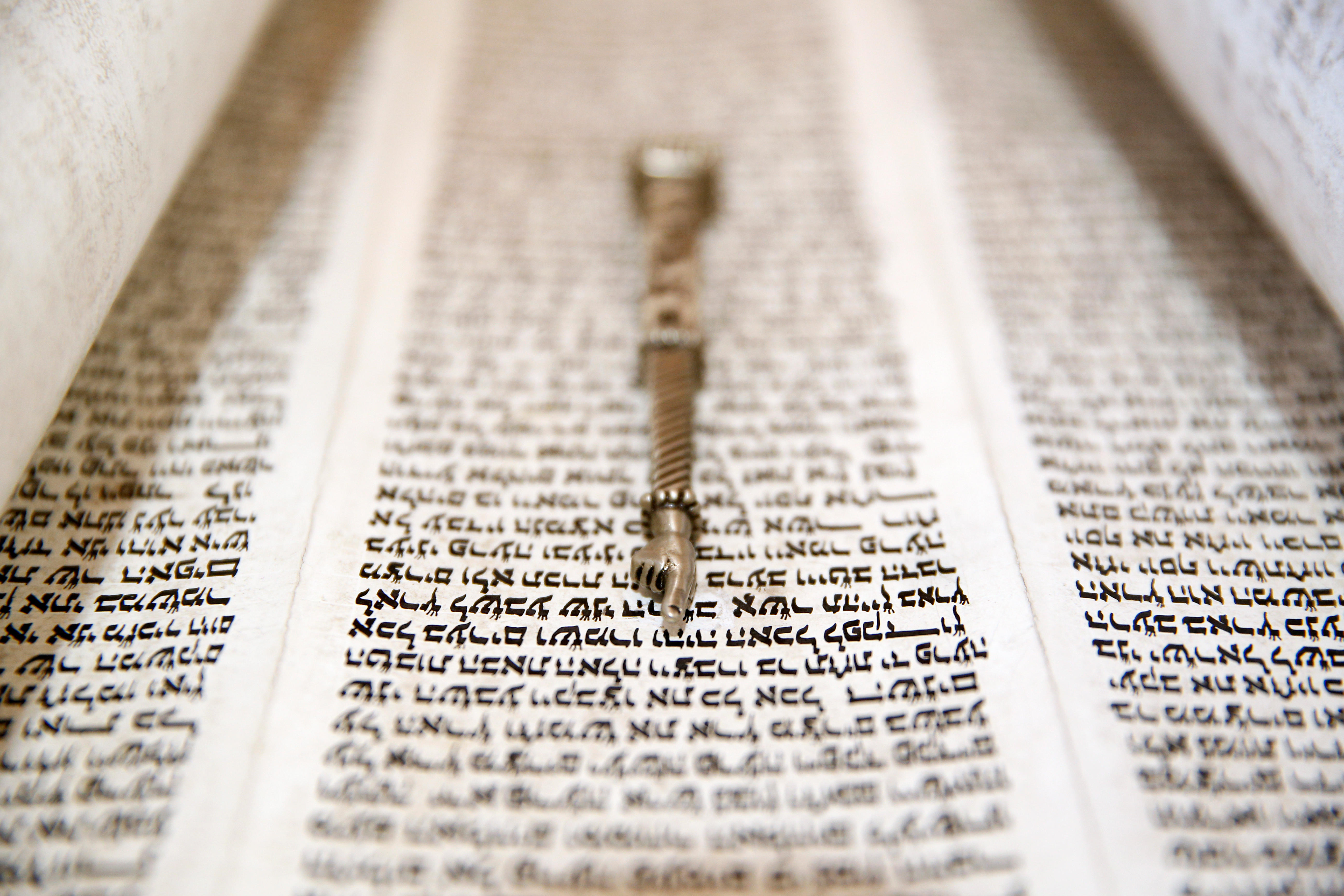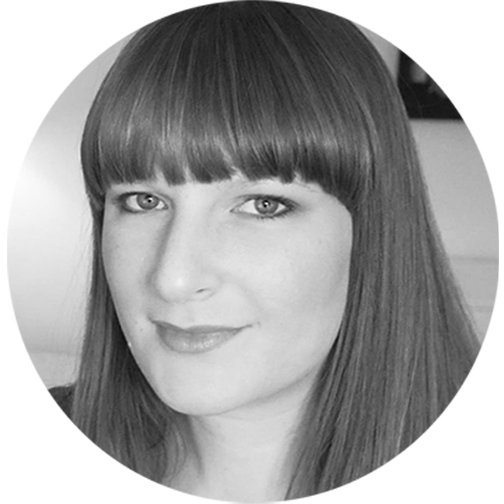The paradox of feeling too Jewish — and not Jewish enough
For the first time in my life, I feel insufficiently Jewish. But I'll gladly take that over the alternative.


A free daily email with the biggest news stories of the day – and the best features from TheWeek.com
You are now subscribed
Your newsletter sign-up was successful
I'm a British Jew from a family of left-leaning Semitic atheists who celebrate Christmas. I'll get on my knees and worship a great bagel or Seinfeld episode but my godless heart will never embrace synagogue, sheitels, or the ban on pig consumption. I've mainly practiced my parents' pick-and-mix brand of Judaism in London and New York — two cities that have been my home for most of the last 37 years, and which make me feel very differently about my heritage.
In London, liberal, secular Jews like me sank into the landscape. Only very rarely did people spot my Jewishness from hints like my name — or the fact that I could be mistaken for an extra from Fiddler on the Roof.
The first time I experienced anti-Semitism was on a play date in the mid-1980s. A little friend and I ate sausages and fries at my kitchen table. We were discussing her current crush. "I really love Daniel," she said. "But I'm not going to marry him." My mother — amused as adults are by the pronouncements of precocious 7-year-olds — asked her why not. "Mummy and daddy said I'm not allowed to marry a Jew."
The Week
Escape your echo chamber. Get the facts behind the news, plus analysis from multiple perspectives.

Sign up for The Week's Free Newsletters
From our morning news briefing to a weekly Good News Newsletter, get the best of The Week delivered directly to your inbox.
From our morning news briefing to a weekly Good News Newsletter, get the best of The Week delivered directly to your inbox.
"What the hell?" I thought. But we're Jewish. What's wrong with us? I don't think I finished my sausages.
Ever since, I've shuddered with quiet rage — or exploded ineloquently — whenever an acquaintance has casually joked or complained about Jews' supposed stinginess or media domination. But I've also often downplayed or not mentioned my ethnicity to shield myself from anti-Semitism. I just didn't want to hear it. More often than I like to admit, I sheltered behind my anonymous whiteness.
My husband's late grandmother, the daughter of Polish Jewish immigrants who settled in east London, hid her heritage out of a sense of self-preservation. She'd seen Oswald Mosley's fascist Black Shirts march through London in the 1930s. So when she moved from London to Wales with her non-Jewish husband in the 1960s, she decided not to tell her new community she was Jewish. When I got engaged to her grandson, her long-time Welsh best friend thought nothing of asking my grandmother-in-law if she minded that her daughter's boy was marrying a Jew. As it happened, she did not.
Outside the family, she kept quiet about her background until earlier this year when, aged 102, her dementia freed her up to sit at the piano in her care home and sing in Yiddish.
A free daily email with the biggest news stories of the day – and the best features from TheWeek.com
Anti-Semitism has always lurked beneath the crust of polite British society. Now, tragically, it's spread to — or been revealed to exist — on the British left. Traditionally, many British Jews regard the center-left Labour Party as their natural political home. But that changed with last year's election of Jeremy Corbyn as party leader. In most respects a decent man with laudable ideas, Corbyn has called the Jew-hating, Islamist militant groups Hamas and Hezbollah his "friends" and defended the virulently anti-Semitic Muslim cleric Raed Salah. And in recent weeks, several high-profile Labour politicians, including former London mayor Ken Livingstone, have openly spouted anti-Semitism under the protective cloak of anti-Zionism. Some Labour members have been suspended, though it's not yet clear whether they'll be permanently kicked out of the party.
This outpouring of anti-Semitism has left many British Jews — even fringe ones like me who support Israel's right to exist but can also see its gaping flaws — feeling more alienated than ever.
When I moved to New York in 2011, my Jewishness wasn't something I spent a lot of time thinking about. But then other people started bringing it up. Here, Jews and non-Jews hear my name, see my face and usually know I'm Jewish. They want to talk to me about it — in a good way.
"You're tribe, right?" another mother might ask in the playground? "Yep," I'd say, once I'd processed what she meant by "tribe." "Technically, but I really don't do any of the stuff."
"Oh, OK, cool," she'd say. "But do you guys [says Hebrew word that sounds like she has popcorn stuck in her throat]?"
"Umm, allow me to consult Google and I'll get back to you on that."
Half a decade later, I still don't do any of the stuff. But I've dusted off some Yiddish phrases and tried to remember which holidays fall when, and what they mean, just to keep up. I constantly have to remind myself which is the festival with the apples and honey and which is the one with the no eating. Or are they the same one? Oi vey.
Sometimes, I feel like I might have my "Jew" card confiscated for knowing so much less about my birth culture and religion than even non-Jewish New Yorkers. But there are over two million Jews in New York. Jewish culture is woven into the city so you can't help but soak it up. There are just 269,000 Jews in the whole of the U.K. Back home, I'm a rare bird; here, I'm just another nose.
For the first time in my life, I feel insufficiently Jewish. But I'll gladly take that over the alternative.
-
 Switzerland could vote to cap its population
Switzerland could vote to cap its populationUnder the Radar Swiss People’s Party proposes referendum on radical anti-immigration measure to limit residents to 10 million
-
 Political cartoons for February 15
Political cartoons for February 15Cartoons Sunday's political cartoons include political ventriloquism, Europe in the middle, and more
-
 The broken water companies failing England and Wales
The broken water companies failing England and WalesExplainer With rising bills, deteriorating river health and a lack of investment, regulators face an uphill battle to stabilise the industry
